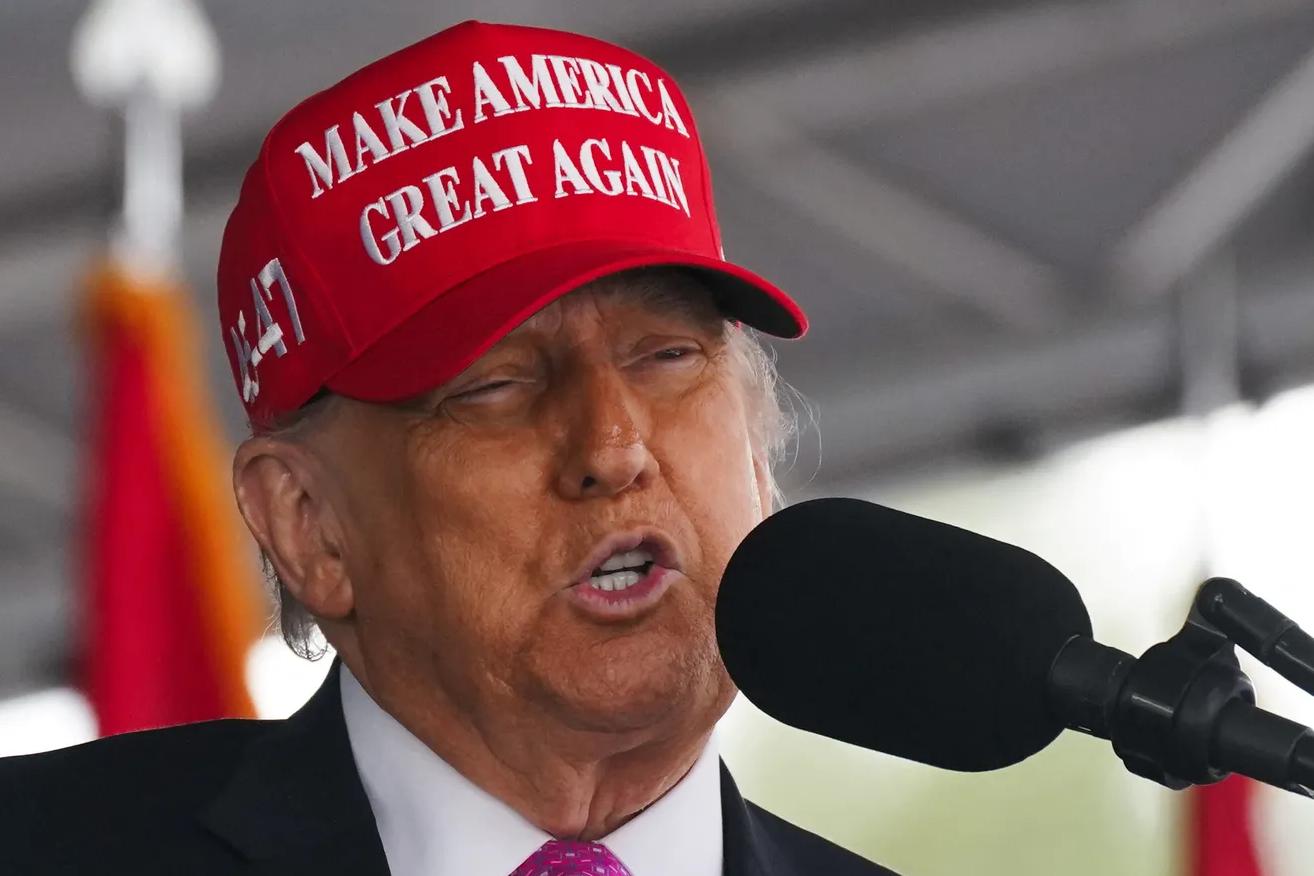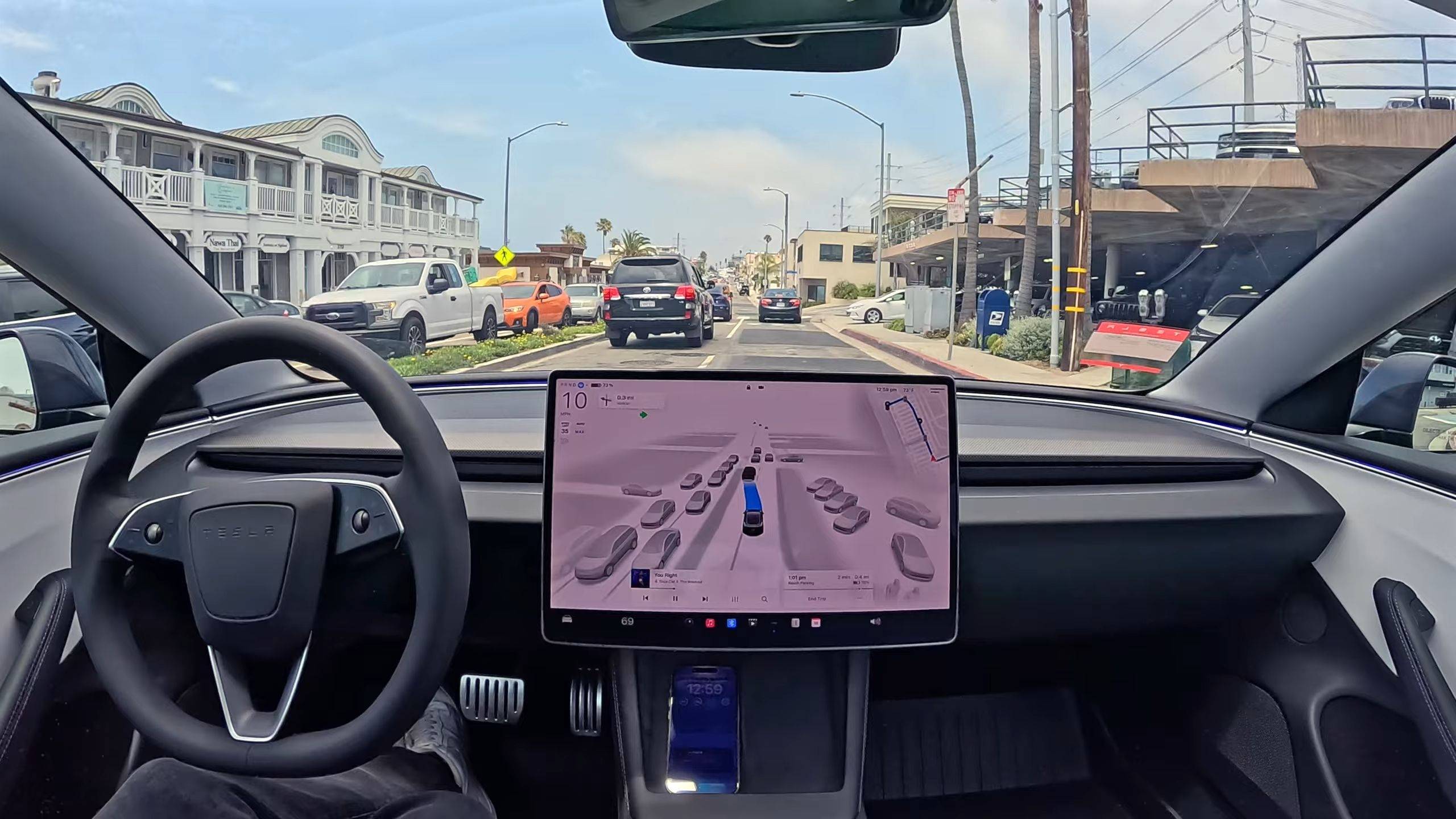
In early May 2020, when then-US President Donald Trump was asked whether everyone should have due process of law, he replied: "I don't know. I'm not a lawyer." This seemingly understated response actually reveals a key problem in the operation of the Trump administration: a lack of legal literacy and a serious imbalance in the selection and employment mechanism.
First, although Trump himself is not a legal professional, this is not the core of the problem. The problem is that the team members he relies on lack professional ability and checks and balances, which directly leads to chaos in the government at multiple policy and legal levels. The lack of support from qualified legal advisers has caused the government to make repeated mistakes in legal procedures, affecting the legitimacy and efficiency of its policy implementation.
Second, a typical example is that the Trump administration has repeatedly tried to circumvent constitutional guarantees, such as trying to weaken birthright citizenship or bypassing due process in immigration policy. Although he claims to vigorously deport illegal immigrants, his government has actually deported even fewer people than his successor Biden. This is partly due to the numerous legal lawsuits triggered by Trump, which has limited his own hands and feet. If he adopts the legal tools and processes that the Biden administration relies on, he may be able to achieve his policy goals more efficiently.
In addition, Trump has limited knowledge of many policy details, especially in the legal field. The bigger problem is that the advisers around him have not been able to effectively fill this gap. These advisers often do not provide opinions on the feasibility and legality of policies, but constantly cater to the president's personal ideas, allowing wrong decisions to spread.
Therefore, in this environment, a "loyalty first" culture has been formed within the regime. As long as you can show loyalty to Trump, you can win trust and even high positions regardless of whether you have professional ability. Although there was also political screening in the past Republican governments, there were still thresholds in terms of basic qualifications and abilities. In contrast, the Trump administration often allows those who do not have the necessary knowledge to enter the core of decision-making based on loyalty alone.
At the same time, this can be seen from the comparison of vice presidential candidates. During Trump's first term, Vice President Mike Pence, as a devout Christian conservative, always adhered to constitutional principles and tried to form a certain check and balance on Trump. Later, people like Vice Presidential candidate JD Vance, although they have a legal background, are more likely to consolidate their positions by catering to the president's intentions rather than making real constitutional suggestions. This shift reflects Trump's huge deviation in the standards for hiring people.
In addition, Trump's standards for selecting people are also contrary to his declared "ability first". Although he has criticized the "diversity, equity and inclusion" policy, in fact, during his term in office, he did not select talents based on ability, but preferred to choose those who are loyal to him. This employment strategy led to his team's lack of legal knowledge and governance capabilities, which ultimately made them helpless in the face of court decisions. They could only protest loudly, but could not promote the implementation of policies through legal means.
Finally, the root cause of this situation is the lack of people in the government who can make rational and professional voices. During Trump's first term in office, he at least had some advisers who were willing to stick to the bottom line of the law. Now, he has greater voice and political resources in the party, and this concentration of power has further magnified the blind spots of his governing style. Almost everyone revolves around him, without any mechanism for questioning and correction. What is even more ironic is that Trump himself admitted that he did not understand the law, but no one around him was willing or able to really solve this problem.
In summary, the "derailment" of the Trump administration is not accidental, but the result of multiple factors: the leader lacks legal literacy, the advisory team loses professional checks and balances, and nepotism replaces ability priority. This governance model not only weakens the government's executive power, but also challenges the country's rule of law foundation.

According to the foreign media The Verge, recently, Tesla CEO Elon Musk's goals in the field of fully autonomous driving (FSD) have once again fluctuated.
According to the foreign media The Verge, recently, Tesla C…
In early 2026, Greenland along the North Atlantic coast bec…
Recently, the century-old American high-end department stor…
Recently, the U.S. stock market has appeared turbulent amid…
Recently, the largest private equity firm in South Korea, M…
In early 2026, after the Trump administration detained Vene…